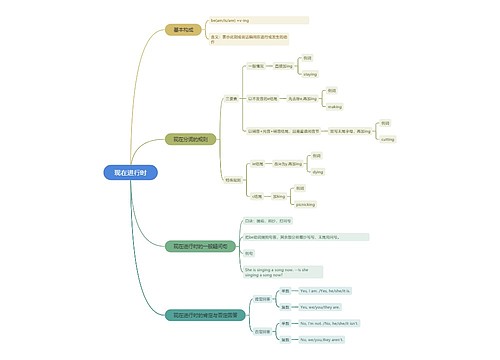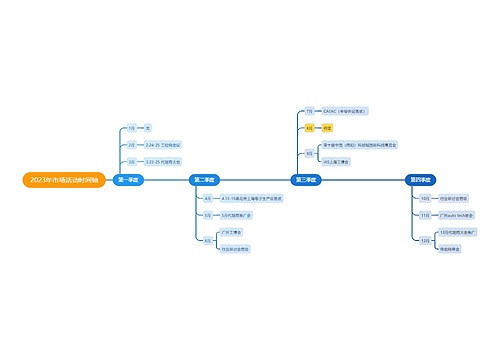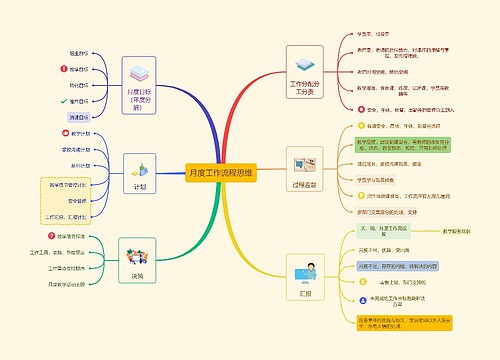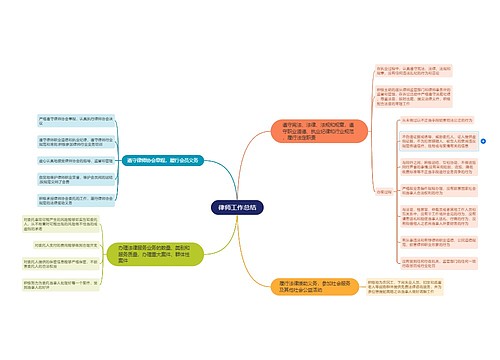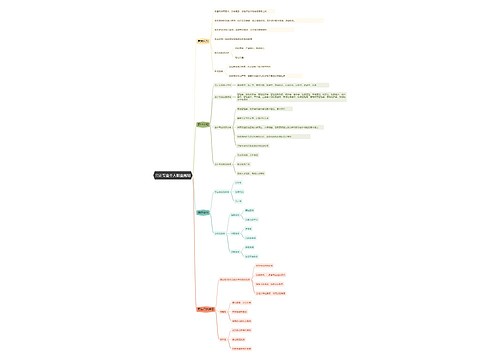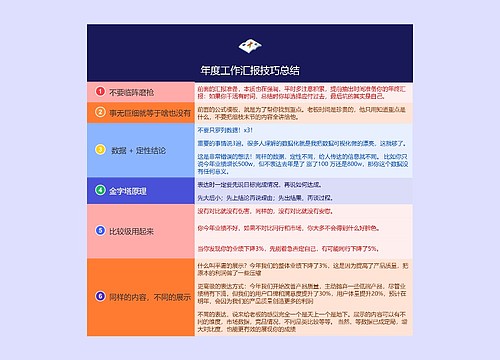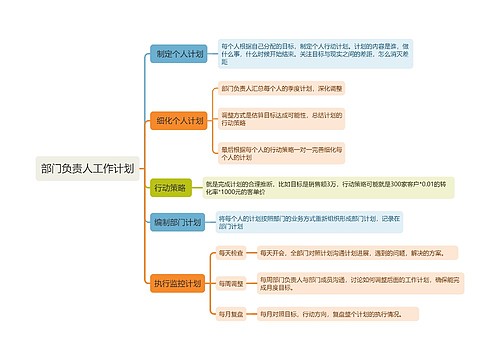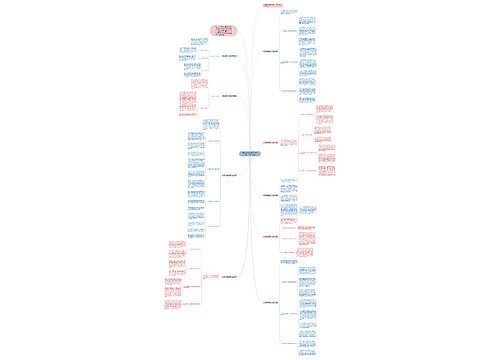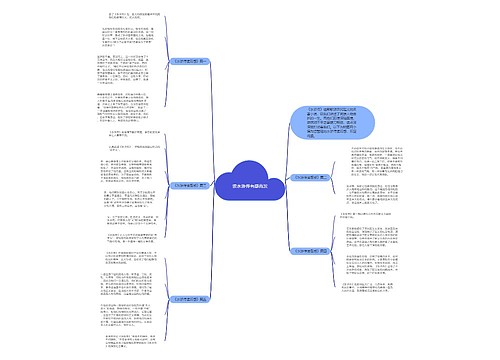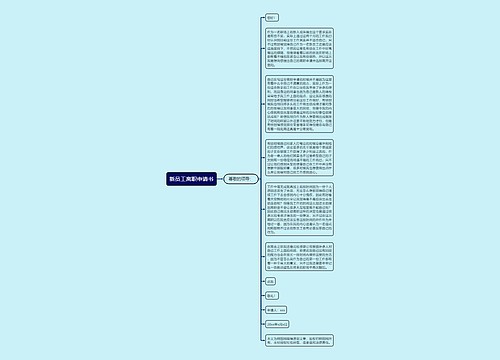
应聘自我介绍英文思维导图
无人在意
2023-04-20

应聘自我介绍英文
自我介绍
《应聘自我介绍英文》由自我介绍网发布,关于《应聘自我介绍英文》更多自我评价 应聘自我介绍 应聘自我介绍英文的资讯和后续报道请访问liuxue86.com
树图思维导图提供《应聘自我介绍英文》在线思维导图免费制作,点击“编辑”按钮,可对《应聘自我介绍英文》进行在线思维导图编辑,本思维导图属于思维导图模板主题,文件编号是:ccfe3f7cc205bff2d7f0b629fcae2ce4
思维导图大纲
相关思维导图模版
应聘自我介绍英文思维导图模板大纲
General Introduction
I am a third year master major in automation at Shanghai Jiao Tong University, P. R. China. With tremendous interest in Industrial Engineering, I am writing to apply for acceptance into your Ph.D. graduate program.
Education background
In 1995, I entered the Nanjing University of Science & Technology (NUST) -- widely considered one of the China’s best engineering schools. During the following undergraduate study, my academic records kept distinguished among the whole department. I was granted First Class Prize every semester, and my overall GPA(89.5/100) ranked No.1 among 113 students. In 1999, I got the privilege to enter the graduate program waived of the admission test. I selected the Shanghai Jiao Tong University to continue my study for its best reputation on Combinatorial Optimization and Network Scheduling where my research interest lies.
At the period of my graduate study, my overall GPA(3.77/4.0) ranked top 5% in the department. In the second semester, I became teacher assistant that is given to talented and matured students only. This year, I won the Acer Scholarship as the one and only candidate in my department, which is the ultimate accolade for distinguished students endowed by my university. Presently, I am preparing my graduation thesis and trying for the honor of Excellent Graduation Thesis.
Research experience and academic activity
When a sophomore, I joined the Association of AI Enthusiast and began to narrow down my interest for my future research. In 1997, I participated in simulation tool development for the scheduling system in Prof. Wang’s lab. With the tool of OpenGL and Matlab, I designed a simulation program for transportation scheduling system. It is now widely used by different research groups in NUST. In 1998, I assumed and fulfilled a sewage analysis & dispose project for Nanjing sewage treatment plant. This was my first practice to convert a laboratory idea to a commercial product.
In 1999, I joined the distinguished Professor Yu-Geng Xis research group aiming at Network flow problem solving and Heuristic algorithm research. Soon I was engaged in the FuDan Gene Database Design. My duty was to pick up the useful information among different kinds of gene matching format. Through the comparison and analysis for many heuristic algorithms, I introduced an improved evolutionary algorithm -- Multi-population Genetic Algorithm. By dividing a whole population into several sub-populations, this improved algorithm can effectively prevent GA from local convergence and promote various evolutionary orientations. It proved more efficiently than SGA in experiments, too. In the second semester, I joined the workshop-scheduling research in Shanghai Heavy Duty Tyre plant. The scheduling was designed for the rubber-making process that covered not only discrete but also continuous circumstances. To make a balance point between optimization quality and time cost, I proposed a Dynamic Layered Scheduling method based on hybrid Petri Nets. The practical application showed that the average makespan was shortened by a large scale. I also publicized two papers in core journals with this idea. Recently, I am doing research in the Composite Predict of the Electrical Power system assisted with the technology of Data Mining for Bao Steel. I try to combine the Decision Tree with Receding Optimization to provide a new solution for the Composite Predictive Problem. This project is now under construction.
Besides, In July 2000, I got the opportunity to give a lecture in English in Asia Control Conference (ASCC) which is one of the top-level conferences among the world in the area of control and automation. In my senior year, I met Prof. Xiao-Song Lin, a visiting professor of mathematics from University of California-Riverside, I learned graph theory from him for my network research. These experiences all rapidly expanded my knowledge of English and the understanding of western culture.
I hope to study in depth
In retrospect, I find myself standing on a solid basis in both theory and experience, which has prepared me for the Ph.D. program. My future research interests include: Network Scheduling Problem, Heuristic Algorithm research (especially in GA and Neural network), Supply chain network research, Hybrid system performance analysis with Petri nets and Data Mining.
Please give my application materials a serious consideration. Thank you very much.
<扩展阅读篇>
自我介绍注意要点
在公关交往中,往往需要你来介绍别人,或者向他人介绍自己。介绍别人时,比较重要的问题有以下几个:
第一
谁当介绍人呢?家里来了客人,一般是女主人当介绍人。家里来了客人,客人之间彼此不认识的话,女主人有义务把大家作个介绍。单位来了客人一般是谁当介绍人呢?单位来的客人一般是三种人。第一种人,专职人员,公关,文秘,办公室主任。第二种人,对口人员。比如我找你销售部李经理,你李经理就有义务把我跟其他在场的人不认识的人作个介绍。同样的道理。假定你李小平在宿舍,你是学生,我到你集体宿舍找你去,我是你叔叔或者你伯伯,那我找你的话你是不是有义务把我跟你同学作个介绍呀,并且根据社交礼仪,你应该先把我(你的叔叔或者伯伯)介绍给你的同学,然后再把你你同学向我介绍。当然你一定要及时地介绍一下。否则我们大眼瞪小眼,不免会产生尴尬的氛围。我找的是你,你就有义务介绍。第三种人,本单位的领导。单位来了贵宾的话,由谁来作介绍?本单位职务最高者,比如你是公司董事长,我是省长,我省长到你那儿视察工作去了,那你这个董事长就有义务把我这个省长和你的员工作介绍,你就别拿公关经理来招呼我。说实话,公关经理认识我,我可不认识他呀。这是对贵宾的一种尊重。总而言之,谁当介绍人的问题很重要。
第二
要在他们彼此不认识的情况下介绍。我当介绍人,我介绍双方认识的时候,我得先考虑他们彼此是否认识,当然这在实际操作中会有一定的暗示,环境和人为的要求启示你有必要向他们对方做彼此自我介绍。
第三
要关注其先后顺序。具体操作时,你要注意次序问题。就是把谁介绍给谁。按照社交礼仪,标准的做法:是先介绍主人。这种介绍不分男女,不论老幼,也不看职务高低,这是一种宾主介绍。进行宾主介绍要先介绍主人,为什么呢?因为客人拥有优先知情权。换而言之,先介绍的人应该是地位低的,比如介绍男人和女人时,先介绍男士,后介绍女士。介绍晚辈和长辈时,先介绍晚辈,后介绍长辈。介绍上级和下级时,先介绍职位低的,后介绍职位高的。介绍主人和客人时,先介绍主人,后介绍客人。有时候,宾主双方都不止一个人,那你还要注意,还是要先介绍主人,介绍主人的时候,具体应该按照职务高低排序,先介绍董事长和总经理,然后再介绍部门经理。介绍客人时,也按照职务高低排序,先介绍职务高的,后介绍地位低的。
禁忌
不要夸耀自己的"丰功伟绩",小心在别人眼里不值一提。
不要篇幅较短,那会显得你很没有文化;也不要长编大论,那会很冗长,让人对你没有兴趣。
在不同的场合要有不同的自我介绍,不要用同一种,那会显得很分不清场合,就是老人常言的"拎不清"。
自我介绍切忌话多。比如说,交行二面要求每个人用三句话介绍自己,难道真的只能姓名+专业+学校了?当然要变通。像我就说:第一句话,英语好;第二句话,专业对口;第三句话,性格优势。然后扩展稍微讲几句,效果非常好。
要注意逻辑和结构。有些人的自我介绍信手拈来,随便讲,天马行空,没有重点和结构,势必让人摸不着头脑,因此要自己理出一条线,有条不紊地讲。
语速要慢一点,注意抑扬顿挫。
可以说一下自己的不足,但是可以以另一种方式,比如我的处理方式,如果有时比较急躁,可以说成太急于求成;有时对于细节不肯放过而误了大局,可以说成太过于追求完美等等。总之,处理得好就可以了。
团队精神或者协调能力越来越受到用人单位青睐,因此这一层需要个人大致作出自己的态度与信念。[2]
不能重复。
查看更多
相似思维导图模版
首页
我的文件
我的团队
个人中心

